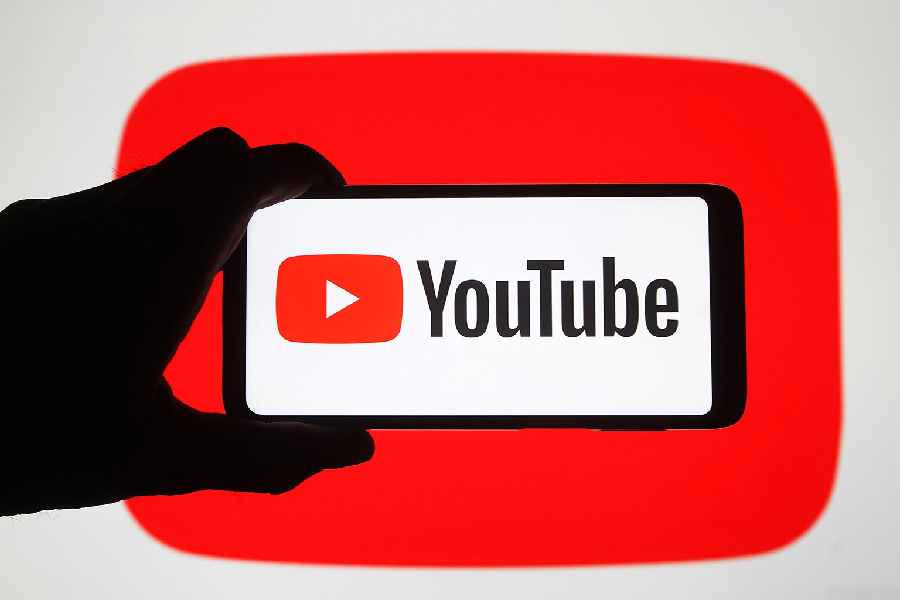A new draft broadcasting services (regulation) bill has sparked widespread concerns over increased censorship at a time when India’s media landscape is under intense political and commercial pressure. The draft bill aims to bring digital content creators under the ambit of government regulations. Online shows on YouTube and other digital platforms, whose content is deemed as current affairs or news, will need to register with the government, follow rules typically in place for television channels, and set up internal committees to monitor standards. Content creators will need to do all of this at their own cost. Failure to follow the rules could attract heavy, potentially crippling, fines. Many influential and popular online content creators work on shoestring budgets, often without professional equipment and studios — infrastructure that they cannot afford. Several among them gained traction in recent months and years by serving as fact-checkers and challengers to dominant political narratives pushed by the Narendra Modi government. Given this backdrop, many of these content creators have now accused the government of using the proposed law to kill their independence by making them dependent on the goodwill of regulators in order to be able to continue to post shows online.
The online space, while far more independent than traditional broadcast platforms, is also littered with misinformation and full-fledged falsehoods. At a time when surveys suggest that more and more Indians are turning to non-traditional platforms for their news and analysis, it is indeed important for digital platforms and content creators to be held to higher standards than those that are in place at the moment. But this must not be done in a way that stifles free expression or leaves digital creators at the mercy of the government’s whims or political sensitivities. With many mainstream media platforms, especially television channels, today unquestioning of the government for the most part, digital creators provide a vital service to Indian democracy. Defending their ability to continue to freely and fearlessly challenge those in power is the responsibility of all those who hold democracy and free speech dear in India. The industry can and should set up its own independent moderation mechanisms. But a tough new law to punish content creators who do not toe the government’s line is not the answer. The Centre’s decision to withdraw and, possibly, revise the draft bill is, thus, a sensible step.











